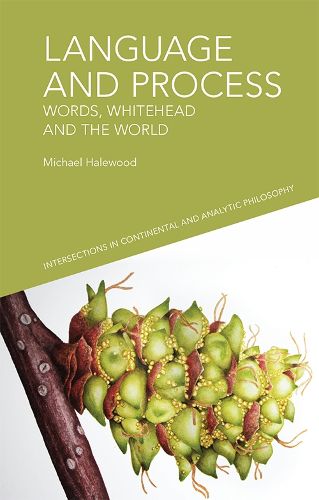Readings Newsletter
Become a Readings Member to make your shopping experience even easier.
Sign in or sign up for free!
You’re not far away from qualifying for FREE standard shipping within Australia
You’ve qualified for FREE standard shipping within Australia
The cart is loading…






Do we really know how words actually refer to things, how they describe the world? These questions are not limited to the study of language. They quickly lead to important debates about the character of existence and subjectivity, and they are also linked to wider questions about gender and the status of capitalism. Michael Halewood uses ideas from analytic philosophy and continental philosophy as well as social theory to look at the relation of language to the world, and the world to language. Primarily using the work of the innovative British philosopher Alfred North Whitehead, but also incorporating the ideas of Gilles Deleuze, John Dewey and Luce Irigaray, he argues that viewing both the world and language as ‘in process’ can help reframe and move beyond some enduring problems and shed new light for future research.
$9.00 standard shipping within Australia
FREE standard shipping within Australia for orders over $100.00
Express & International shipping calculated at checkout
Do we really know how words actually refer to things, how they describe the world? These questions are not limited to the study of language. They quickly lead to important debates about the character of existence and subjectivity, and they are also linked to wider questions about gender and the status of capitalism. Michael Halewood uses ideas from analytic philosophy and continental philosophy as well as social theory to look at the relation of language to the world, and the world to language. Primarily using the work of the innovative British philosopher Alfred North Whitehead, but also incorporating the ideas of Gilles Deleuze, John Dewey and Luce Irigaray, he argues that viewing both the world and language as ‘in process’ can help reframe and move beyond some enduring problems and shed new light for future research.